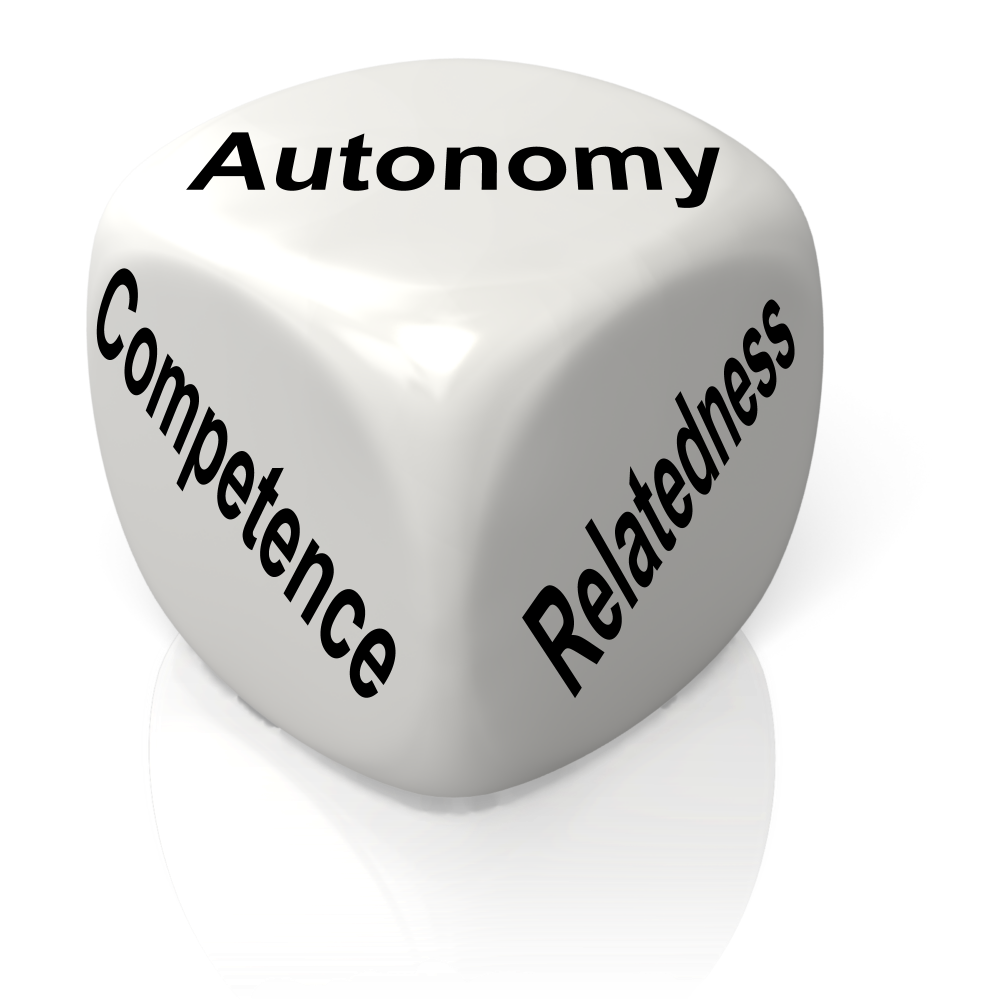Let’s set this up initially so that what I’m about to say is somewhat vetted. Susan Fowler is a senior consulting partner with the Ken Blanchard Companies and wrote a book about failures in motivation theory. (I’m not nearly as cool as Fowler, but I’ve written about the same topic too.) She’s also written for Harvard Business Review — which, unless I did it in a blackout, I don’t believe I’ve yet done. So realize that some of what I’m about to say comes not from me (who lacks vetting) and comes instead from her (who has been vetted, to a degree). If we’re good now, let’s continue.
Maslow’s “hierarchy of needs” — which you can argue is the most important motivational theory basically ever created, and something that comes up in conversation about a person’s motivations close to 50 percent of the time (in my life, at least, but maybe I’m weird) — is basically bollox when it comes to the workplace.
Wait… what?
Here’s Fowler’s basic arguments, laid out.
Rather than the “hierarchy of needs” — physiological, safety, love/belonging, esteem, and then finally self-actualization — the research is now trending in a different direction. Newer thought involves three major universal drivers tied to motivation:
- Autonomy: This is people thinking they have choices and control their own actions.
- Relatedness: This is people wanting to care about/be cared about by others and think that all that is happening without ulterior motives.
- Competence: This is people wanting to feel good at meeting challenges and gaining skills.
Those three are the key things for a modern-era worker, and thus, should be considered by a modern-era manager.
Think about it this way, from a semi-Fowler example: let’s say you need (as a manager) to launch a program that your manager (a higher boss) is pushing you about. You’ll probably write an e-mail and say something like, “This is important” or even “This is mandatory.” When you write an e-mail like that, you remove autonomy (because now the employee has to do something), you remove relatedness (because now they don’t feel cared about, they feel talked to) and you remove competence (although that one is a bit fuzzy in this example). You’ve made something a must instead of putting it in any context. How can you get buy-in like that?
I had a job a couple of years ago where the company bought a CRM. With the CRM was some internal messaging software. All the managers had to push using the software, because the company had to buy both — it couldn’t just buy the CRM, which is all it really wanted. The communication was totally forced and muddled. No one used it. The CRM company got pissed, the managers pushed harder, and people used it even less. It was a circular mess for everyone involved.
This could all be prevented if managers started thinking about things in the terms above:
- How can I empower my people?
- How can I show my people I care?
- How can I help develop my people?
These things don’t often happen in companies — these kinds of questions don’t get asked — because people get busy, people think the idea of “showing respect” is something they don’t have time for, and, frankly, most managers are terrible.
But this is a fairly simple equation, no?
It’s almost like a Corporate Golden Rule.
Before you became a manager and had more deliverables and shit on your plate, how did you want to be treated by those above you?
(pause)
OK. Treat people the same way as you felt then.
(pause)
Got it?
You can assign any number of 12 million psychological studies and babbling to the workplace — have you ever worked somewhere right after a Meyers-Briggs was done? People talk about their four-letter combo for days, then completely forget about it until the next one is administered — and all of them have their own degree of hocus-pocus bullshit, to be sure. But forget terms like “hierarchy of needs” and even “autonomy and relatedness.” Those will bog you down when you’re worried about quarterly projections.
Rather, think of it like this:
How would I do my best work?
(pause)
What would that look like?
(pause)
Maybe I should treat people like that.

This should really be common sense, but I think the reason it’s not pervasive is because it requires effort and conscientiousness. Managing is a two-way street, just like any relationship, which means both parties have a vested interested in success. Too many managers apparently view success as a zero-sum game, where one person’s success has to deduct from the other’s. It’s symbiotic, though.
The zero-sum part is interesting. I hadn’t thought of things like that before reading this comment.